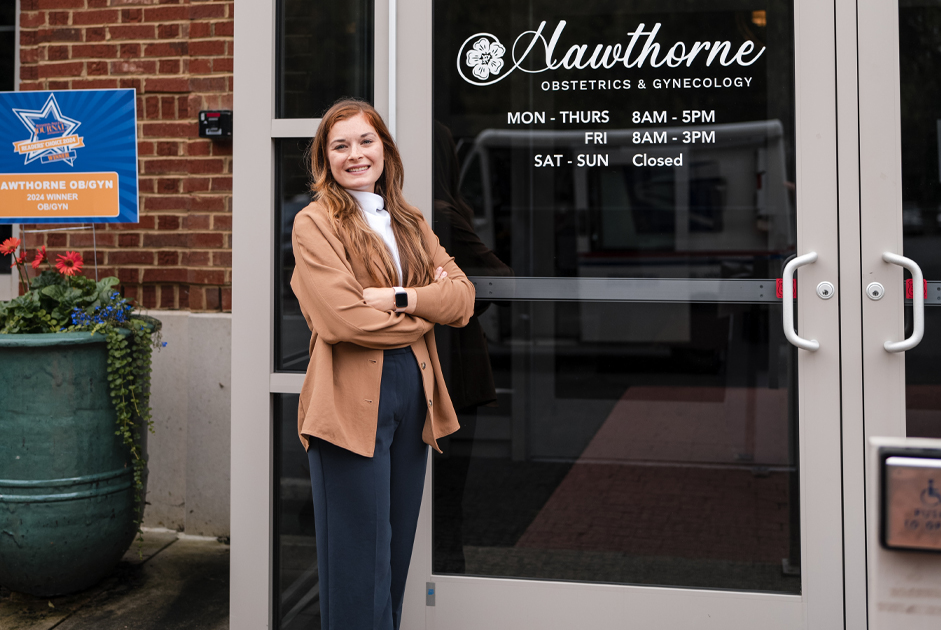BY AL SEYMOUR, ChFC®, CLU®, CRPC®, CASL®, AEP®, CAP®
Wealth Manager
There are many things that influence how we invest our money. I will cover two influences in this article that often contribute to individuals’ different choices. The first is the difference between how we view current economics and the second is our individual political leanings
Current Economics:
Supply-side economics says that breaking down barriers to production, such as lowering taxes and lessening of onerous regulations, results in a larger supply of goods and services and leads to lowering of prices and improvement in living standards. Supply-siders think incentives for entrepreneurship and investment drive growth. In other words, the recent tax cut led to better incentives to invest, work, and invent. And, as long as tax rates remain low, a “permanent” change in incentives has been initiated, which will boost growth rates permanently. There is no “fade.”
Demand-side economics argues that economic growth increases most as a function of increasing demand for goods and services, rather than increasing supply. They argue that the best way to avert recessions and depressions is to stimulate demand by investing in large-scale infrastructure projects, such as building highways. These projects, they argue, directly increase demand for products but also put money in workers’ pockets. Workers then spend their wages, further increasing demand and encouraging businesses to increase production and hire more employees. They believe government purchases are a direct part of GDP accounting, and so it appears like government spending is a stimulus.
A new divided government adds to pressure for bipartisan legislation. Bipartisanship often means more government spending. Supply-siders will view increased government spending as a drag on growth, not a boost. The demand-siders will think of it as a stimulus to growth.
Individual Political Leanings:
A recent article “Swedroe: Ignore Politics In Investing” by Larry Swedroe, points out that
The economy is clearly doing well, with strong GNP growing, unemployment has fallen to the lowest since 1969, and inflation remains well under control. In September, the Consumer Price Index for All Urban Consumers increased 0.1% on a seasonally adjusted basis, rising just 2.3% over the last 12 months.
The September monthly survey from Spectrem Group, however, found conflicting views based on one’s political affiliation.
With a reading of 31 to 51 considered a bullish viewpoint, the latest Spectrem Affluent Household Outlook found that Republicans rated the economy at 56. Democrats’ economic confidence rating was -31, with -31 to -51 considered the most bearish. A psychologist might diagnose this as a case of cognitive dissonance (Swedroe).
Furthering this notion, the 2009 study by Yosef Bonaparte, Alok Kumar, and Jeremy Page, “Political Climate, Optimism, and Investment Decisions,” validated the problem in that such bearish views politically influence investment decisions.
The survey found that almost 50% of Democrats were not investing. This compares with less than one-third of Republicans not investing.
Following is a summary of their findings:
- Individuals become more optimistic and perceive the markets to be less risky and more undervalued when their own party is in power. This leads them to take on more risk.
- When the opposite party is in power, their perceived uncertainty levels increase, and investors exhibit stronger behavioral biases, leading to poor investment decisions.
- There are differences in stock preferences of investors located in highly Republican and Democratic regions—Democrats are more likely to support environmental and labor protection while opposing things like tobacco use, firearms, and defense.
Summary
It is clear that one’s viewpoint on economic policies and the political climate affects investors’ views of the economy and the stock market and also impacts their investment behavior. Specifically, the returns of individual investors improve when the political regime favors their political party and vice versa.
Mistakes are often made because we are unaware that our decisions are being influenced by our beliefs and biases. The first step to eliminating, or at least minimizing, mistakes is to become aware of how our decisions are impacted by our views and how those views can influence outcomes. Being aware of your biases can help you make better investment decisions.
The bottom line is that the evidence suggests that, just as investors should not let the latest economic news cause them to abandon well-developed plans (shift their asset allocation), they should not let the political climate do so either (Swedroe).
Sources:
Swedroe, L. (2018, Oct. 31). Swedroe: Ignore Politics In Investing. Retrieved from https://www.etf.com/sections/index-investor-corner/swedroe-ignore-politics-investing





















